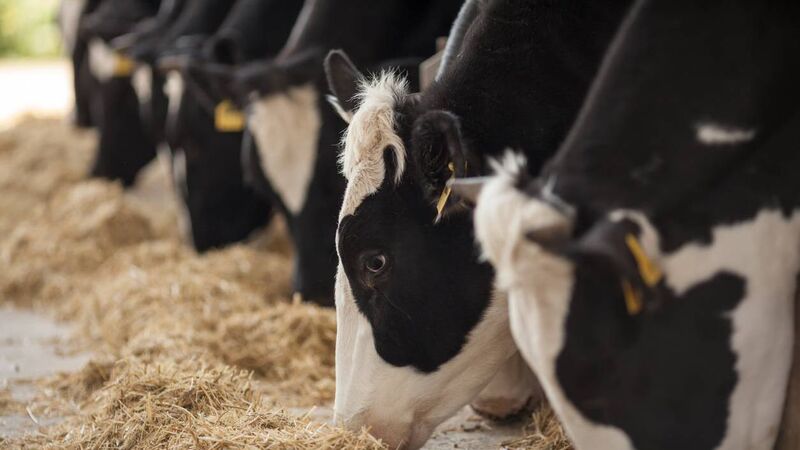‘Multi-million’ fodder support package ready by end of the month, says minister

Fodder shortage - cows eating silage
Agriculture Minister Charlie McConalogue is working on a package of supports to ensure farmers can grow enough feed and fodder, the can confirm.











